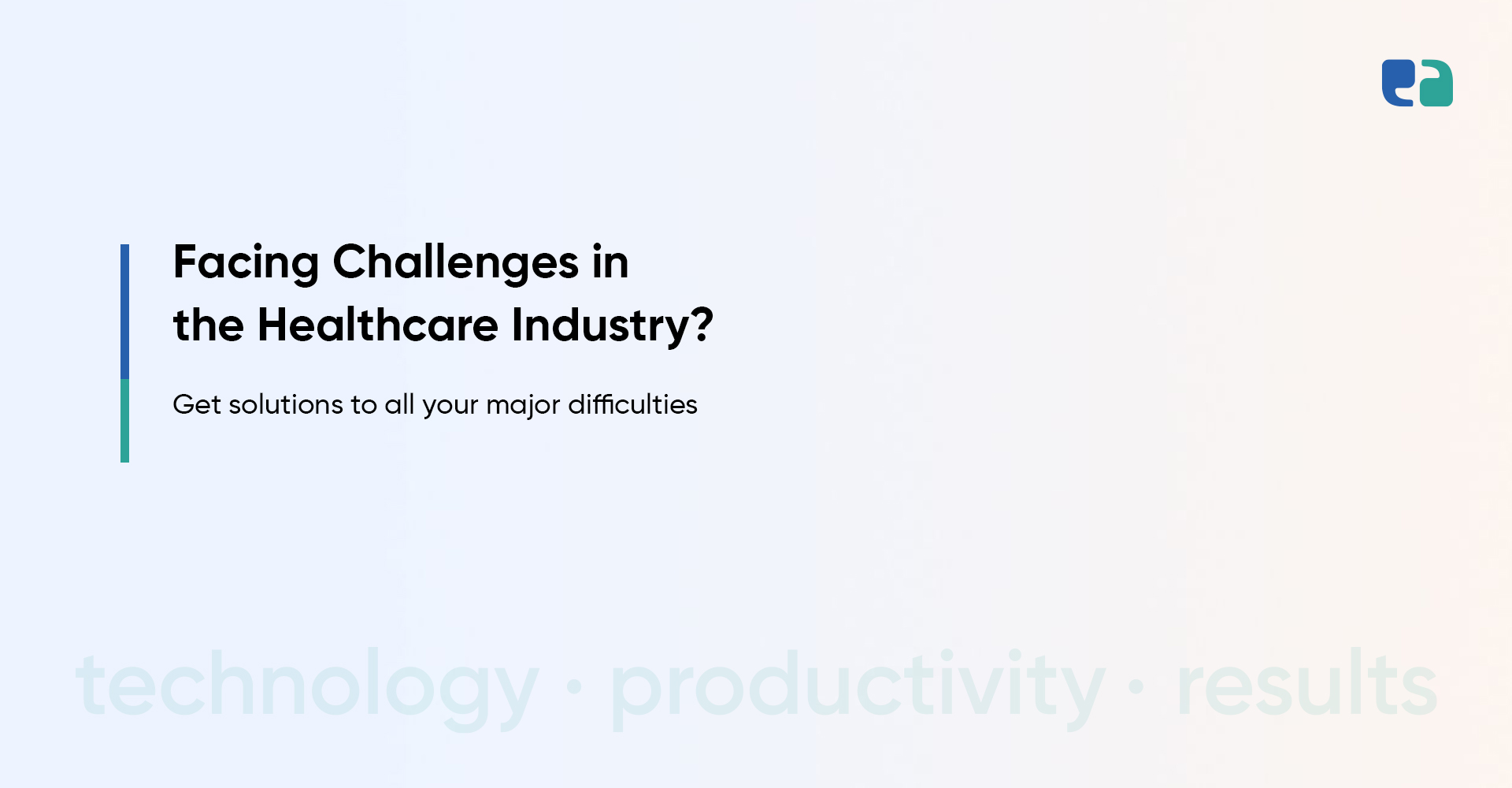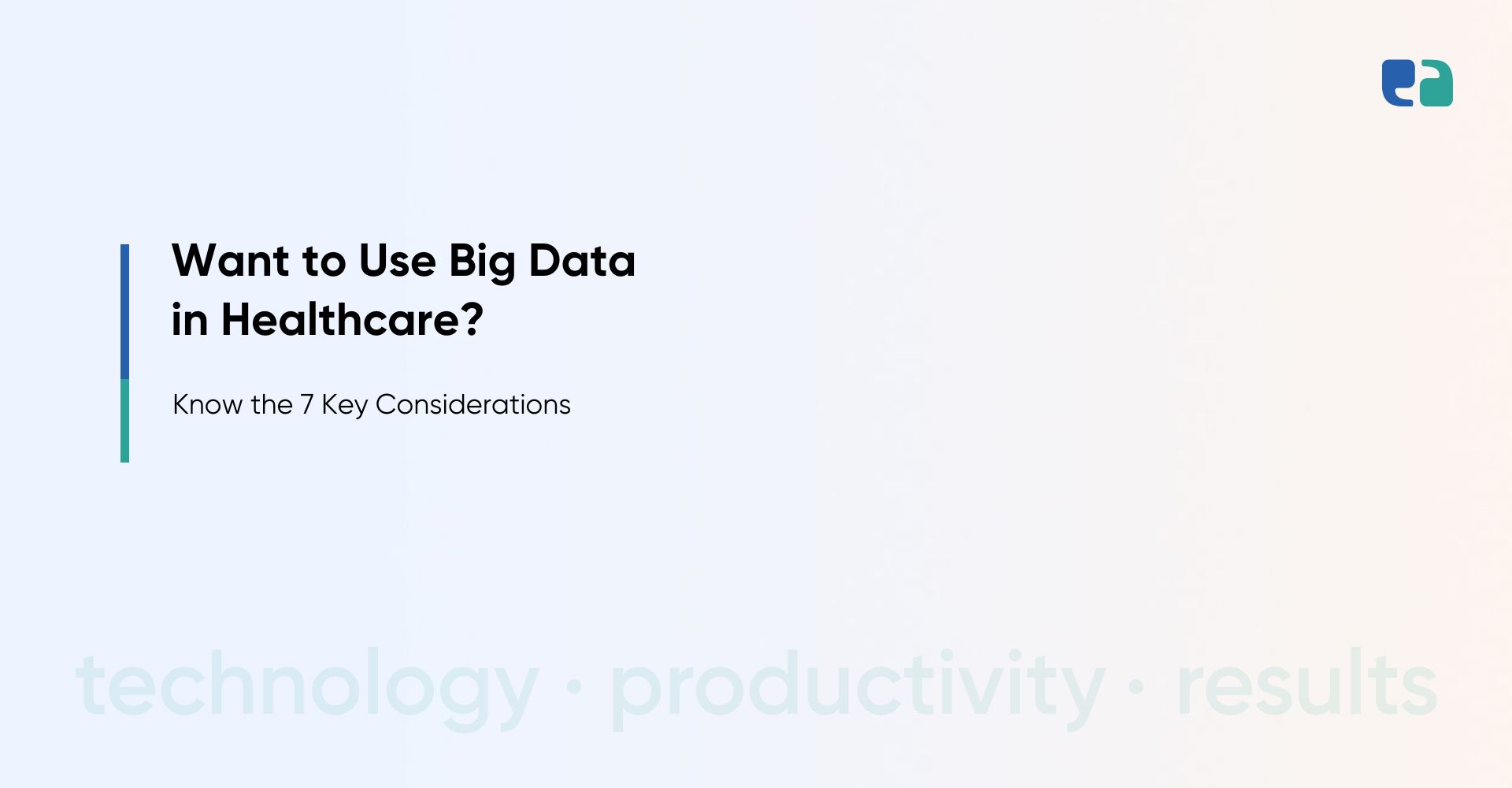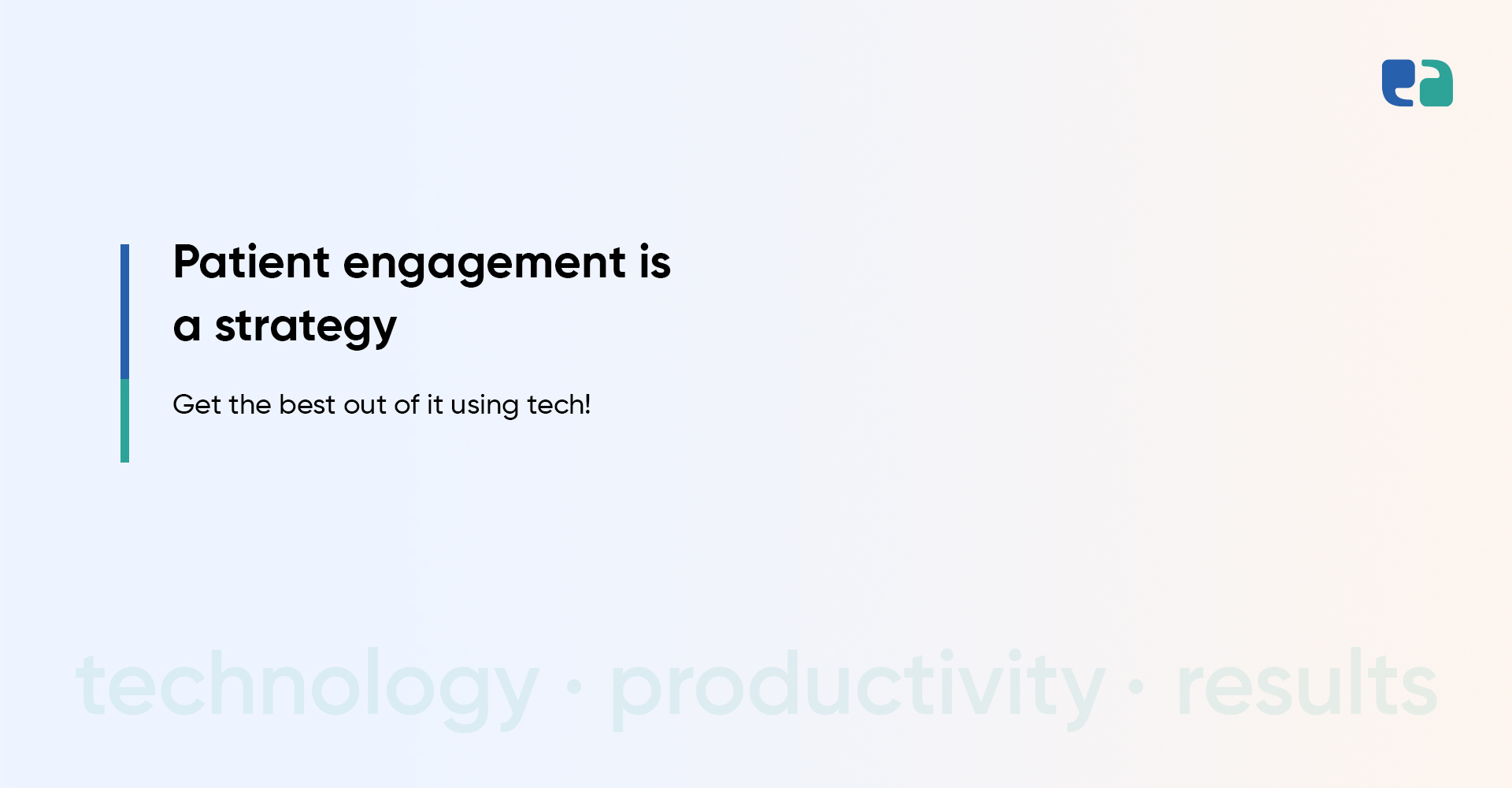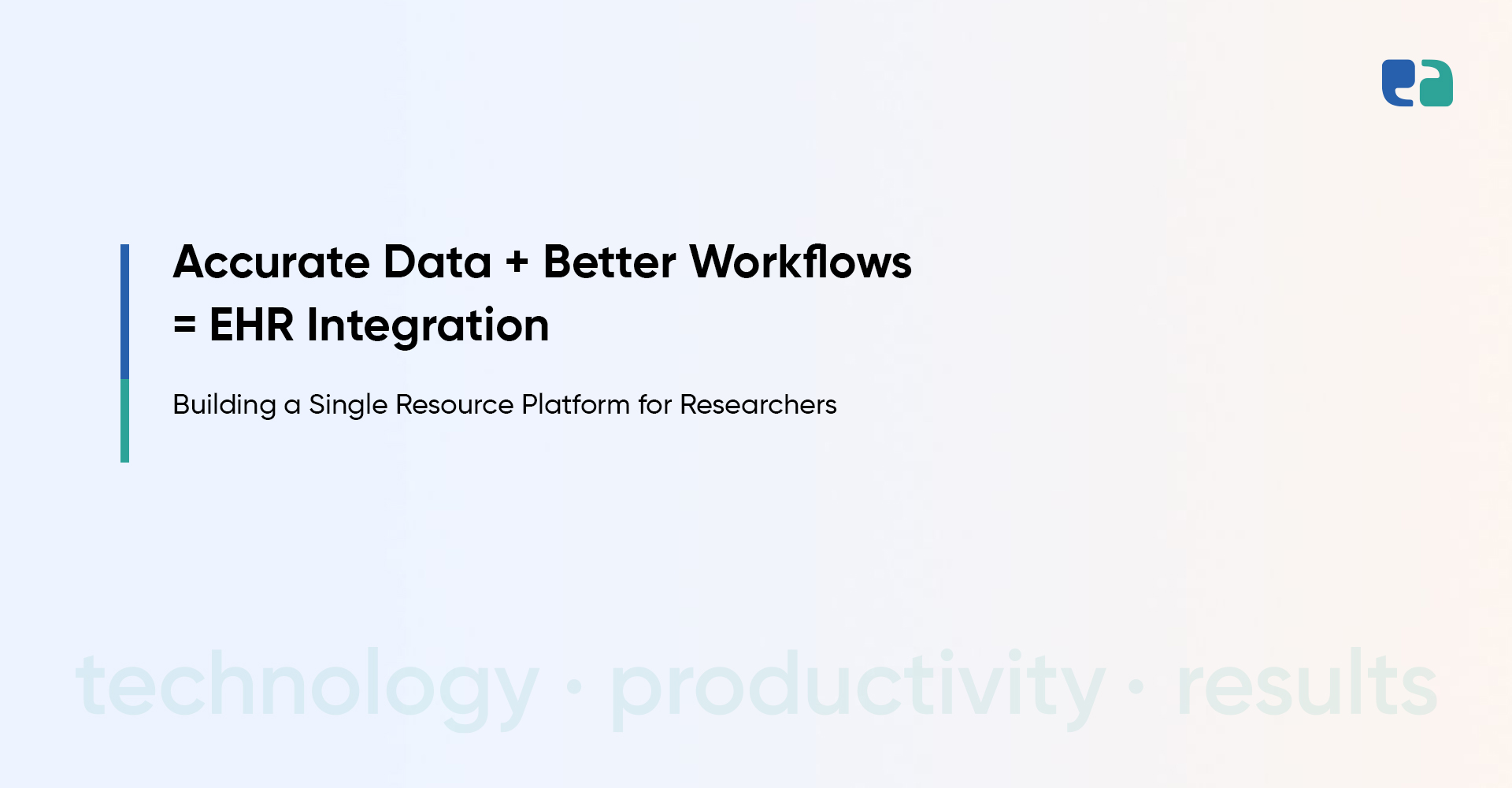The healthcare industry is undergoing significant transformations, presenting both opportunities and challenges for medical organizations.
Healthcare providers need to adapt to the changing landscape including:
- Evolving government regulations
- Ongoing recovery from the Covid-19 pandemic
- Technological advancements
- Rising patient expectations
In this blog, we will explore seven key challenges faced by the healthcare industry in 2023 and beyond, and discuss strategies to stay ahead.
Major Challenges of the Healthcare Industry
Frequently Asked Questions (FAQs)
Is there any software solution that is in compliance with the regulations and also overcomes the listed challenges?
YES!
Our software solutions are built using the privacy and cybersecurity framework i.e., the National Institute of Standards and Technology.
Additionally, our solutions comply with major healthcare regulations like
- HIPAA
- PHIPA
- PIPEDA
Is it possible to get a demo of the solution?
Of course!
You just have to fill out the form after hitting the contact button and our team will contact you within 2 business days.
Do you provide customization services for the software and applications?
Yes, we do provide customization services.
You can add your desired features to the software along with getting your workflow customized.
What is the process of getting your healthcare software?
We have a very simple onboarding process.
Step 1:
Fill up the contact form
Step 2:
Our team will reach out to you within 2 business days
Step 3:
We will give you a demo of our powerful base
Step 4:
We will listen to your customization needs
Step 5:
Our team will customize the solution according to your requirements
Step 6:
We will perform a QA test and deliver the solution to you within 60 business days.
Do you have any prior experience working in the healthcare industry?
We’re a Canadian-based healthcare IT company.
With the experience of working dedicatedly for almost a decade in the healthcare industry, we’ve become masters in meeting healthcare compliance and regulatory needs.
We don’t just deliver products, we deliver peace of mind to our clients.




